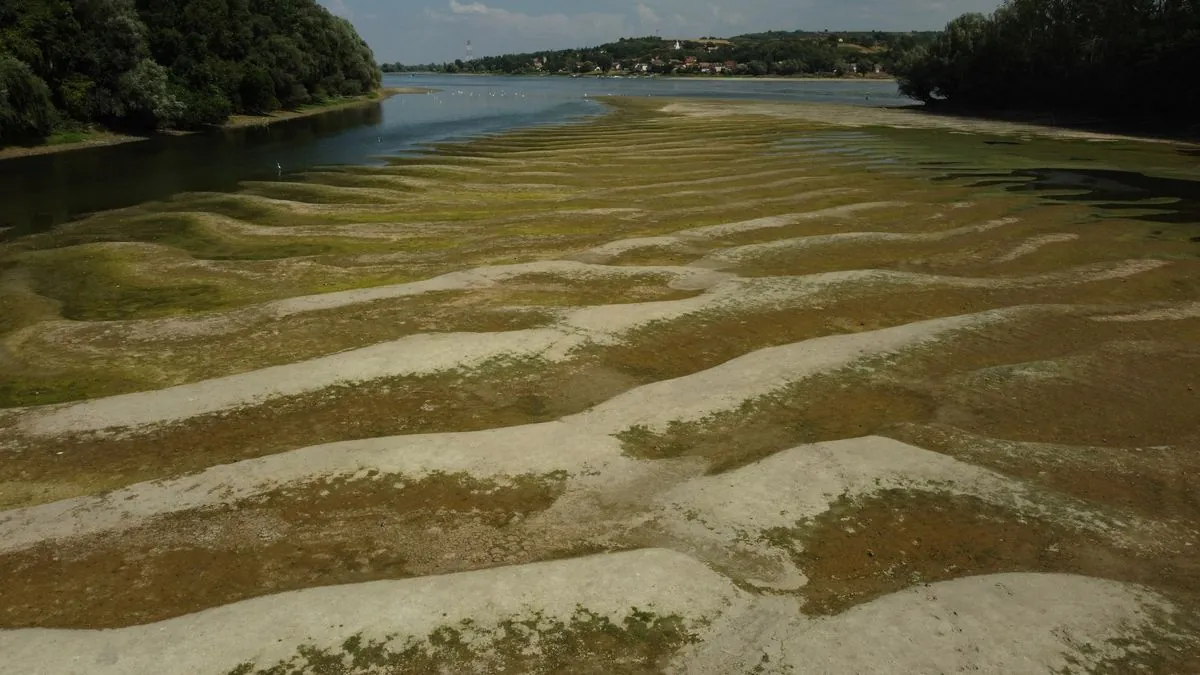Balkans Swelter Through Record-Breaking Summer Heat in 2024
The Balkans experienced unprecedented heat in summer 2024, with temperatures soaring above 30°C for weeks. This extreme weather, linked to global warming, caused widespread environmental and economic impacts across the region.

The summer of 2024 has etched itself into the annals of Balkan history as the most scorching season since record-keeping began over 130 years ago. Residents across southeastern Europe found themselves grappling with relentless heat waves that pushed temperatures well above 30°C (86°F) for extended periods.
Jelena Popovic, a Belgrade resident, expressed her discomfort: "It was like a tropical summer, as if we live in Africa and not in Europe." This sentiment echoed throughout the region as people struggled to cope with the oppressive heat.
Climate experts attribute this extreme weather to the ongoing global warming crisis, primarily fueled by the burning of fossil fuels. The Balkans, typically accustomed to warm summers, experienced temperatures that surpassed previous records, with some areas reporting nighttime temperatures as high as 29°C (84°F).

The impacts of this unprecedented heat were far-reaching:
- Rivers in Bosnia and Serbia dried up
- Raging forest fires erupted in Croatia, North Macedonia, and Albania
- Crops withered and farmland scorched across the region
- Drinking water restrictions were imposed in parts of Serbia
- Albania's hydropower-dependent electricity production was crippled
Goran Pejanovic from Serbia's Hydrometeorological Service reported that the country experienced four heat waves, with the most intense lasting from July 5-21, 2024 - nearly three weeks without rainfall. Overall, Serbia's summer temperatures averaged 3.3 degrees higher than normal.
The extreme heat wasn't confined to lowlands. Slovenia's Environmental Agency noted record high temperatures at higher altitudes in the Julian Alps, a mountain range stretching from northeastern Italy to Slovenia.
"All records were broken when it comes to the number of very warm nights and days. These tripled in some areas compared to last year, which held a previous record."
The scorching temperatures extended beyond land, with Croatia reporting the highest ever recorded temperatures in the Adriatic Sea, reaching 30°C (86°F) in some areas. This phenomenon aligns with the global trend of rising sea surface temperatures, which poses significant threats to marine ecosystems.
In North Macedonia, emergency official Stojanche Angelov warned that the crisis was far from over, stating, "If it doesn't rain soon, we will have wildfires until November." The country has already battled around 2,000 forest fires in the past three months, triple the number from the previous year.
As the Balkans grapple with the aftermath of this sweltering summer, the region serves as a stark reminder of the escalating impacts of climate change. With global temperatures continuing to rise, such extreme weather events may become increasingly common, underscoring the urgent need for global action to mitigate the climate crisis.


































